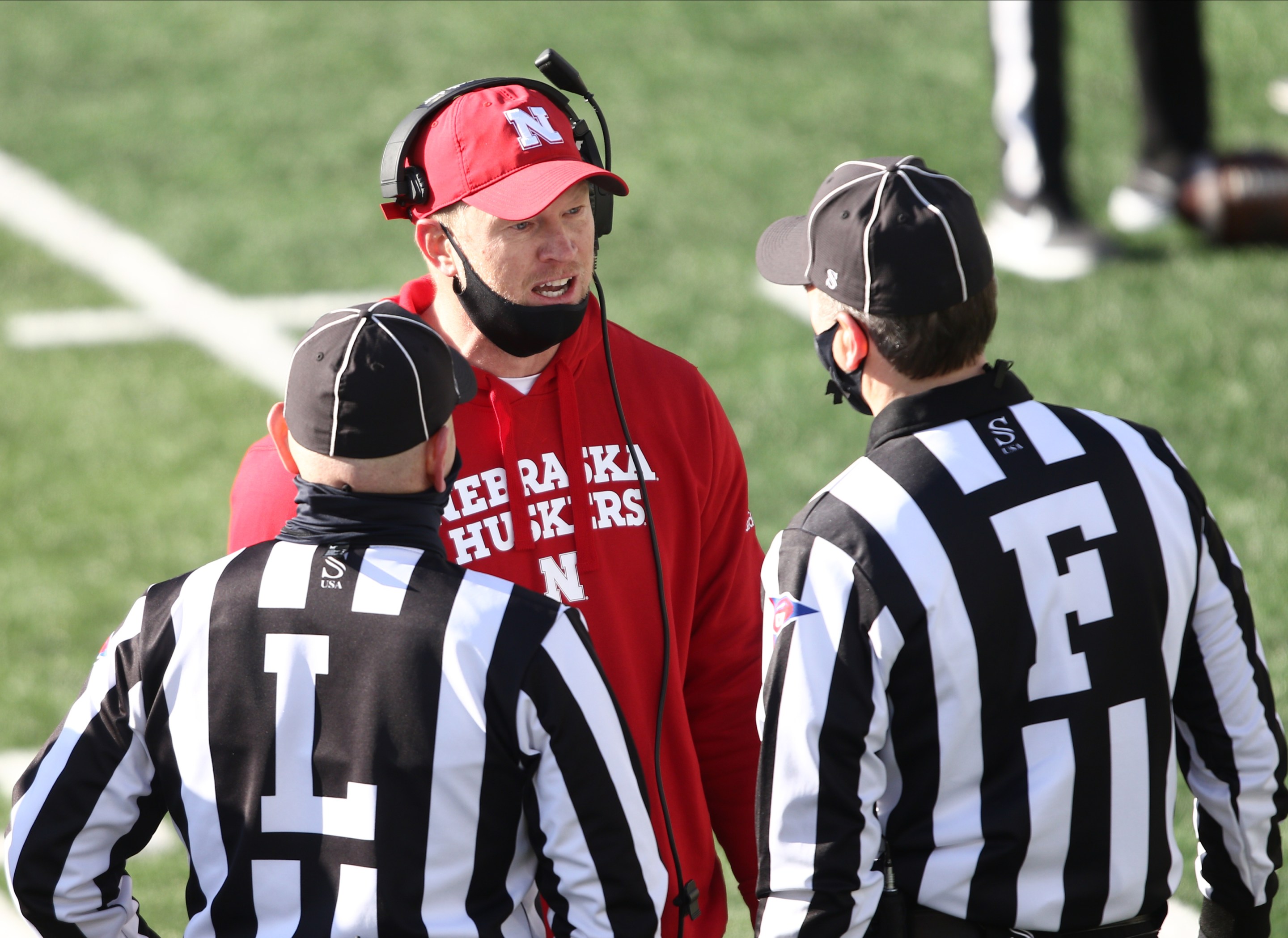This past weekend’s Ohio State-Illinois game was canceled due to a reportedly bad COVID-19 outbreak in the Buckeyes' program. Ohio State is 4–0 this season, having already missed a game against Maryland in early November (Maryland’s outbreak, that time). The Buckeyes have two games left on the schedule: a Michigan State game this weekend, which may or may not happen, and a game next weekend against Michigan, which has paused team activities following “an increased number of presumptive positives.”
This has all made necessary some very frantic calculations among the Ohio State fanbase. While there is no official minimum number of games needed to qualify for the College Football Playoff, the selection committee is not likely to look favorably upon a team with such a small record. The Big Ten also requires a team play six games to be eligible for the Big Ten Championship, which it is no longer clear Ohio State will do.
However! There is an exception to this rule. The Big Ten’s minimum requirement drops to four if the average number of games played across the conference is fewer than 5.5. That would happen if 12 of the Big Ten’s 14 remaining games are canceled. It does not seem likely the number will get there, but many schools are trying their hardest. Minnesota reported 40 positive tests in a 10-day span, so their game against Northwestern is canceled; Wisconsin has played a total of three games this season. If Ohio State is ineligible, Indiana gets to represent the Big Ten East in the championship game, which would be nice for them, but probably nicer had Indiana’s quarterback, Michael Penix Jr., not torn his ACL this weekend and been declared out for the season on Monday. The problem with a sport premised on disregard for the health of players is that eventually you run out of players. We are perilously close to "Big Ten Champion Northwestern."
On Nov. 21, after Illinois thumped the Big Ten’s most vocal return-to-play agitator, the 1–4 Nebraska Cornhuskers, the Illinois athletics department tweeted, "Good game Nebraska. Thanks for bringing back B1G football." Like cowards, they have deleted this good tweet, but it tells the story of the season quite elegantly. It is a story of being relentlessly owned by your own willfulness. The Big Ten made a perfectly sensible decision in calling off fall football this summer; coaches, the president of the United States, and a couple of member schools threw a fit. The conference, in an always-doomed effort to be the sort of Leaders and Legends who take football very seriously but also take prevention of destructive viruses very seriously and frankly take everything so seriously you would not believe it, changed course to now-disastrous results.
You could give the Big Ten credit for at least pretending to care, for waiting on a medical subcommittee to adopt "stringent medical protocols" before announcing a return to play, a charade the SEC, for example, did not feel necessary to put on themselves. But the appearance of responsibility does not do much good now, not when programs are thrown into disarray and the season everyone so badly wanted kind of sucks. If the Big Ten is suffocated by high standards, well, those are standards it set for itself.
Each conference had a set of options this summer: to act quickly and correctly, to act slowly and correctly, or to act quickly and incorrectly. The Big Ten got greedy. It chose to act slowly and incorrectly, hemming and hawing about safety at first, but in the end, forging ahead with a compressed schedule that left no room for reworking or rescheduling games. Making everyone happy is an appealing prospect, certainly, but trying to do it was the Big Ten's downfall. It is a pursuit that fundamentally misunderstands Midwestern college football fans, too. Speaking from experience, they are all insane, they are never happy, and they never will be.






